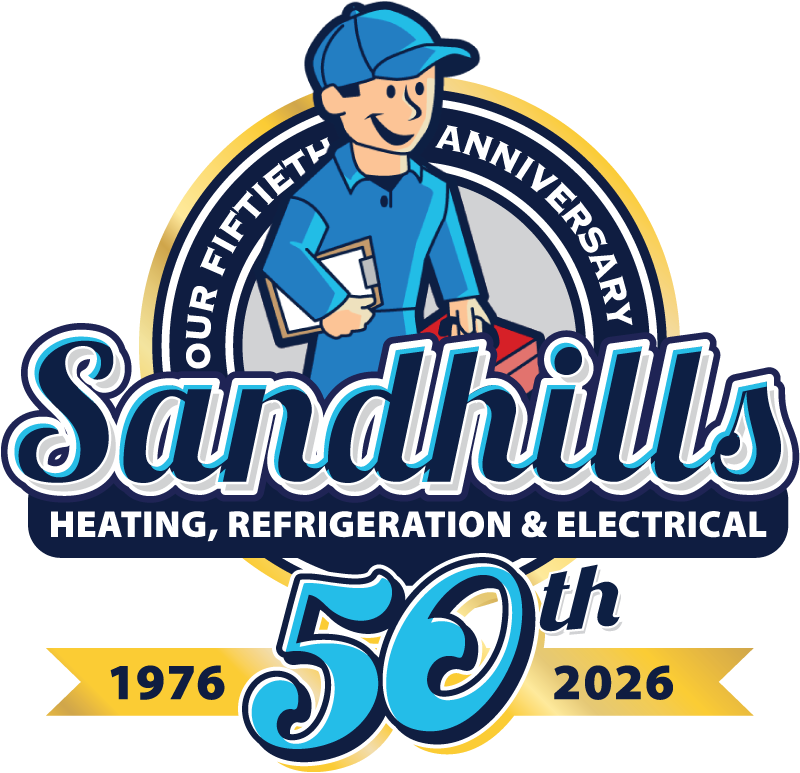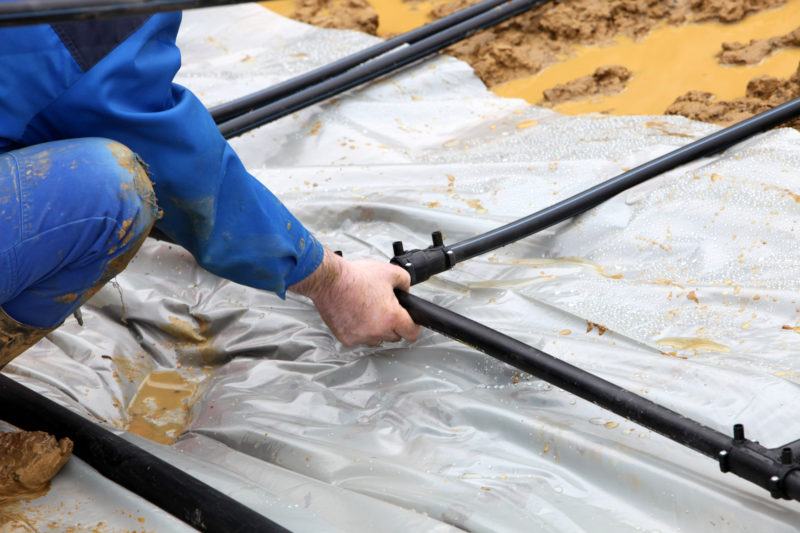A geothermal HVAC system is similar to a conventional heat pump. Instead of transferring heat from the air outside your Aberdeen, North Carolina, home, it moves energy from the ground or a nearby body of water. Since temperatures underground and underwater stay more constant than air temperatures, geothermal heat pumps are more efficient than conventional heaters and air conditioners. They last longer, they’re quieter, and they can increase the value of your house. They’re more expensive to install, but lower utility bills can make the investment worth it.
There’s also no equipment outside your home and above ground to interfere with your landscaping or be damaged by bad weather. Some of the most common types of geothermal heat pumps include closed loop, open loop, horizontal, and vertical systems. A professional like Sandhills Heating & Refrigeration can let you and your family know which one is best for your home.
Closed Loop
Most geothermal HVAC systems have a closed loop of plastic or copper pipes in the ground or a nearby lake or pond. A compressor pushes refrigerant or water through the pipes, absorbing heat and transferring it to your home in winter. Then, a fan forces air over the warm pipes and through your system’s ductwork.
Many geothermal units use a radiant heating system. Warm pipes in your floors or walls can transfer heat to your home’s air with no need for a fan or ducts. They can also act a convenient supplement to your existing heater. Radiant geothermal systems can make your floors feel warm and comfortable when you step out of bed, and they’re even more efficient than most geothermal HVAC systems.
Open Loop
Open loop geothermal heat pump systems usually use well water or another source of clean water, like a lake on the property. They send this water through pipes like a closed loop geothermal system, but the water returns to the source instead of always circulating through the same pipes.
Open loop systems are some of the most cost-effective because there’s no or very little digging required. With the right water filtration system, they can also act as water heaters. That way, you can save space and avoid the installation and maintenance costs for a separate water heater. However, you’ll need a clean water source that’s close to your home and big enough to submerge the pipes needed.
Horizontal Geothermal Systems
A horizontal loop system typically uses a closed loop. It has pipes filled with water or refrigerant buried in trenches in the ground. These systems are often the most economical geothermal options for new homes or additions. However, you’ll need a large lot where you can have hundreds of feet of pipes installed, as well as lots of soil that’s good for digging. While horizontal loops work well for new homes, you may not want to remove mature trees, shrubs, lawns, and other landscaping to bury pipes.
Vertical Systems
Instead of horizontal trenches, a vertical system uses holes a few inches wide and hundreds of feet deep for its pipes. There are usually several holes, but they’re so small that they won’t disturb your landscaping. The vertical tubing in those holes connect with horizontal pipes called manifolds, and they lead to the heat exchanger.
You can have vertical systems installed on small lots or in places with soil that’s too hard or rocky for a horizontal loop system. They also work well for commercial buildings that need long systems of pipes. They’re usually surrounded by pavement, so installing a horizontal loop isn’t practical. However, some businesses submerge pipes in artificial ponds.
Sandhills Heating, Refrigeration, & Electrical is a Trane Comfort Specialist with an A+ rating from the Better Business Bureau. We have more than 40 years of HVAC experience, and we can help you with choosing and installing the best geothermal HVAC system for your home or business. Call us anytime at 910-338-3723 for stellar, friendly service and 100-percent satisfaction for all of our customers. Our Comfort Specialists will help you and your family save energy, stay comfortable, and learn more about geothermal systems.
Image provided by Shutterstock

